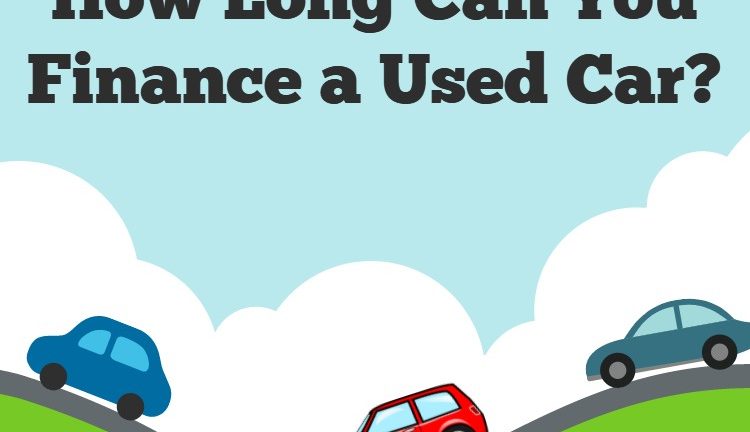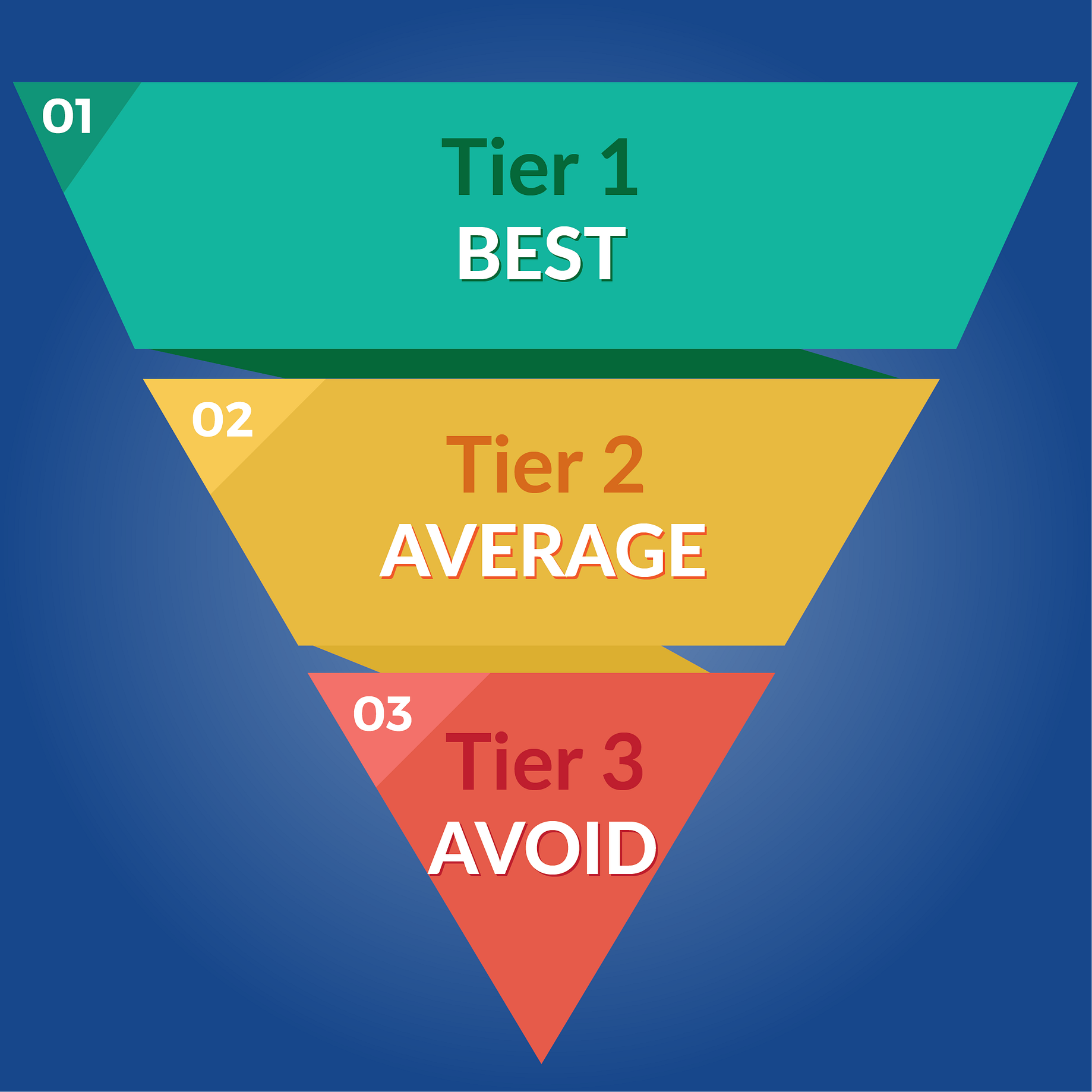If a buyer asked you to front them the cash to purchase your home from you, you 'd believe they were crazy. It depends on your buyer to determine a way to spend for your house, right? Believe it or not, there are in fact home sellers who provide to loan purchasers the money to buy their home: it's called owner financing. Source: (Ryan Bruce/ Burst) Likewise referred to as seller funding or a purchase-money home loan, owner funding is a plan where the house purchaser borrows some or all of the cash to acquire your house from the present homeowner. In some cases, this happens since the purchaser doesn't wantor can't certify fora traditional home loan from a standard lender.
For instance, let's say the accepted deal in between the buyer and seller is $300,000. The buyer has 20%, or $60,000, to put down on the home, but their mortgage business just authorizes a loan of $200,000. With seller financing, the seller can provide the purchaser the additional $40,000 needed to comprise the difference. Nevertheless, seller funding isn't generally anticipated to be a long-term plan. It's usually a short-term solution up until the purchaser can arrange a conventional loan for the full home mortgage amountnormally within a couple of years. Because that's the case, the regards to these loans are typically designed to inspire the purchaser to seek out alternative financing.
Fortunately is that, while this arrangement is a private home loan in between 2 private citizens, it is a lawfully binding agreement with terms, conditions, and requirements to which both parties need to adhereand option if the contract terms are violated. The problem is that it's a personal loan between 2 private residents. And if you have actually ever encountered difficulty providing money to friend or family, it's just natural for the seller to be worried about lending an even bigger sum to a complete stranger. "Seller financing can go truly well if you're handling economically solvent individuals who have great tasks and are truthful," says Edie Waters a top-selling representative in Kansas City, Missouri, who's sold over 74% more residential or commercial properties than her peers.
However that wasn't constantly the case. In truth, the appeal of seller funding is affected by rate of interest. "Today we're not in this type of market, however in the '80s, the interest rate was 18%," says Waters. "And those rates of interest went up really quickly. So let's say the seller back then had a loan at 8%, however their buyer can just get an 18% rate of interest. That's a 10% space." This typical circumstance back in the 1980s, was why seller funding and the contract for deed became a popular alternative. Instead of paying the bank 18% interest, the seller would keep their 8% mortgage, and charge their purchaser 12% -15% in the new, seller financed mortgage.

Not known Factual Statements About What Credit Score Is Needed To Finance A Car

Otherwise you might encounter issues purchasing another house. If you're still paying a home loan on the home you have actually seller financed, top timeshares to own you'll be accountable for and have to qualify for both home loans. "Today, I would not recommend that a seller offer owner financing if they still had a loan on their house," recommends Waters. "Not unless they might simply definitely afford it, and desired to utilize it for a tax deduction." If you do run that threat, you might be stuck paying both mortgages if your purchaser defaults on the loan. Source: (Nicole De Khors/ Burst) There are a great deal of benefits and drawbacks to owner funding, however perhaps the greatest danger that the seller needs to fret about is buyer default.
However you, as the seller, require to prepare that most likely anywhere from 60% to 70% of the time you're going to get that house back," recommends Waters. Keep in mind, buyers who request for seller funding typically can't receive a conventional home mortgage, or at least not for a loan large enough to cover the complete house price. Which suggests that they are high-risk customers. High-risk purchasers are more likely to default, but that's not the worst partif they decline to leave. If they simply stop paying you, but do not leave, you'll have to foot the bill to foreclose on the home.
" There's a lot of danger on both sides, but there's a lot more threat in it for the seller," states Waters. "If it goes bad, the buyer will get a bad credit report, down to 500 or less if they default on a loan. But the seller is stuck with your home and the condition it remains in. They're stuck with all the required repairs, the expense of repairing it up, all Browse this site the included wear and tear on things like the roof, the devices and the HEATING AND COOLING. How to become a finance manager at a car dealership. And they're stuck to the time and expense of offering it once again. So you have to be okay with the risk involved." Aside from the reality that there's a high probability that you'll end up being economically responsible for the seller-financed residential or commercial property again, you might not be able to structure the terms of the loan precisely as you 'd like.
Sadly, those reforms even impact personal loanswhich methods you might not have the ability to consist of that incentivizing balloon payment after all. Finally, given that you're the one providing the cash, you'll only be getting paid in small installations over a duration of time, similar to a regular lending institution. Simply put, you will not have the ability to access your full equity in the home you offer to help you purchase another one. The news isn't all bad, though. "The tax benefits are potentially substantial for sellers financing their buyers," states Waters. We always recommend that they visit with their monetary advisor to make certain they understand all the tax rate advantages and disadvantages." Given that your buyer is paying you in little increments over a duration of numerous years, the timeshare refuge federal government regards this as an installment sale which comes with significant tax breaks.
What Does Which Of The Following Approaches Is Most Suitable For Auditing The Finance And Investment Cycle? Do?
The greatest pro is that as the lending institution, you keep the title to the residential or commercial property till you're paid completely, so if your buyer does default, your home is still yoursno matter how much cash they've currently paid toward their home loan. Source: (Ryan Bruce/ Burst) If it sounds like seller funding is the right option for you, then you'll require to know what to do: The very first thing you require to do is ensure you're economically secure adequate to face the dangers that feature seller financing. It's not sufficient to just own your home outrightyou must likewise have actually sufficient money conserved to cover repair work, taxes, insurance, and any other expenditures you might need to cover until you can get your house sold once again.